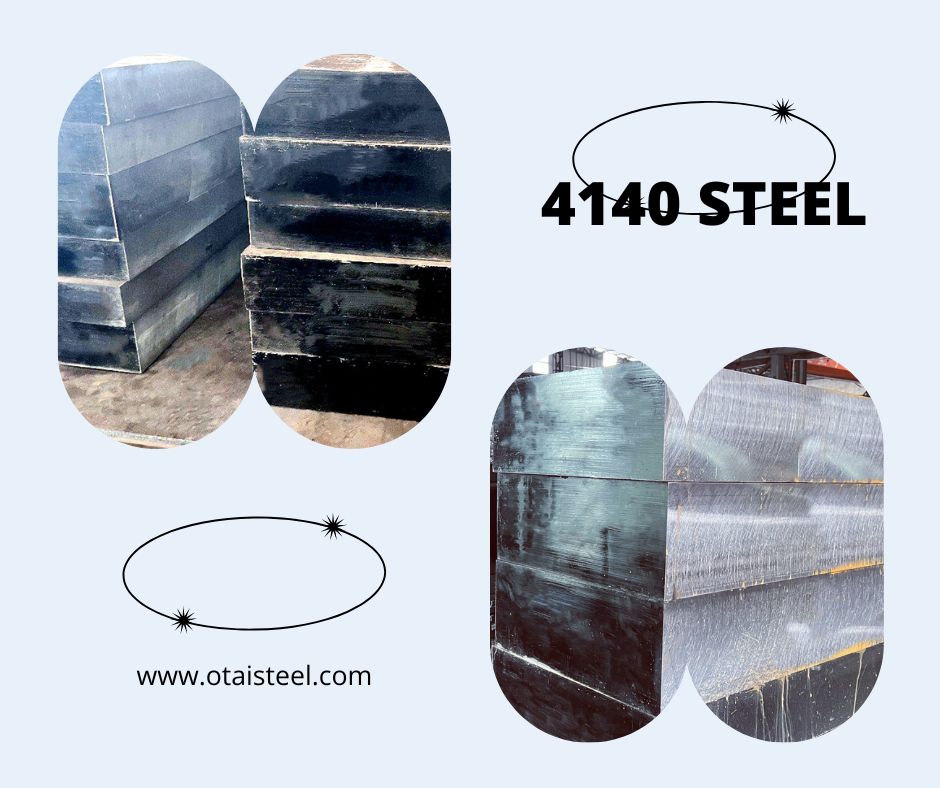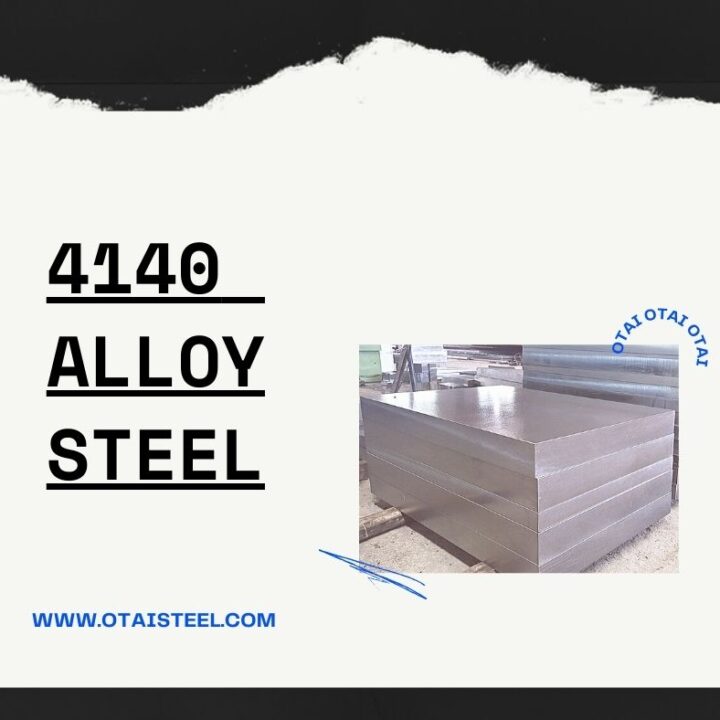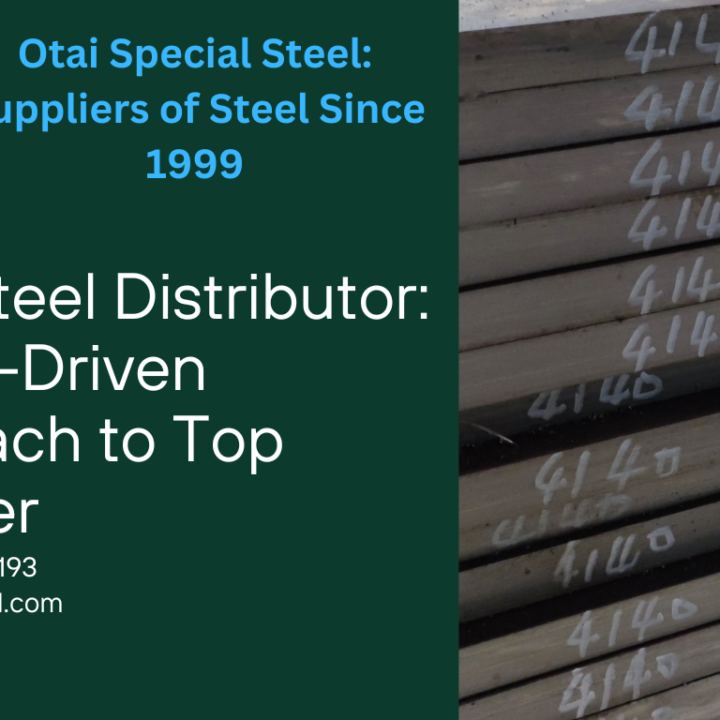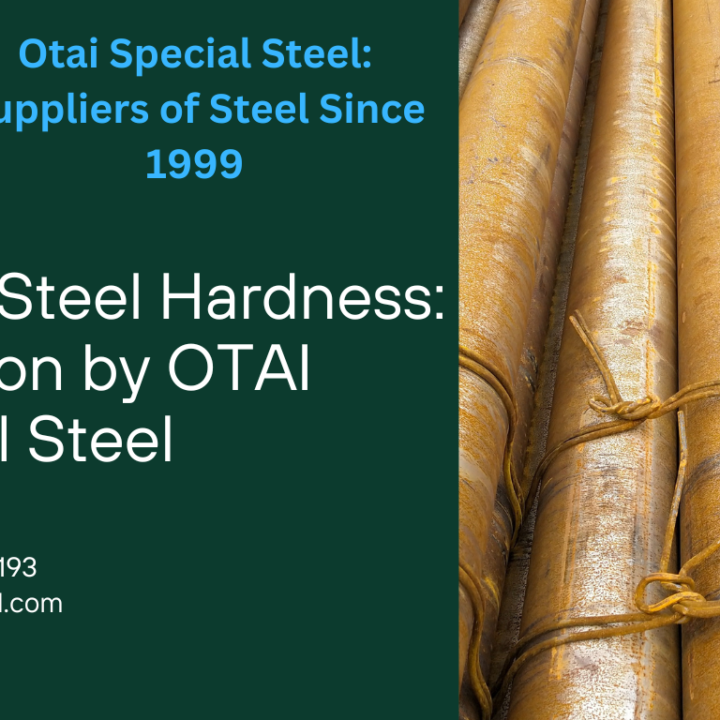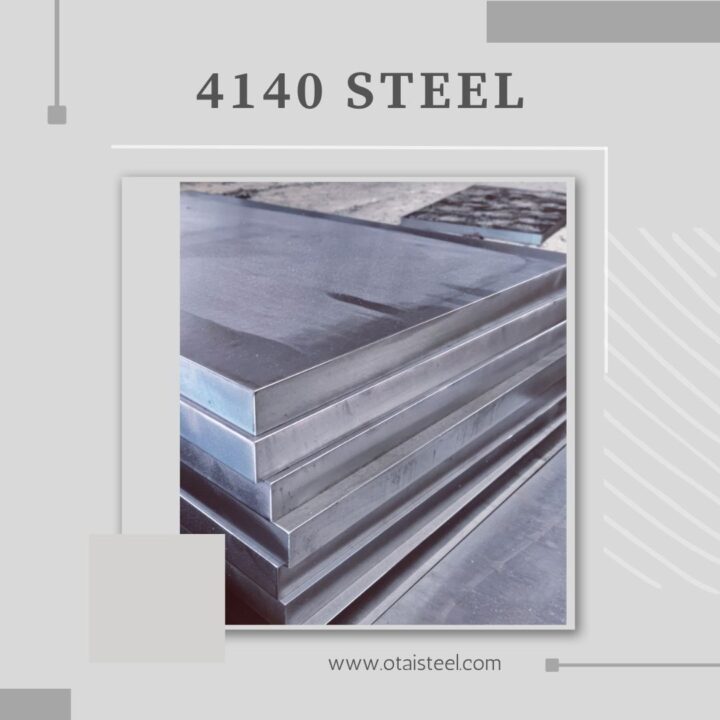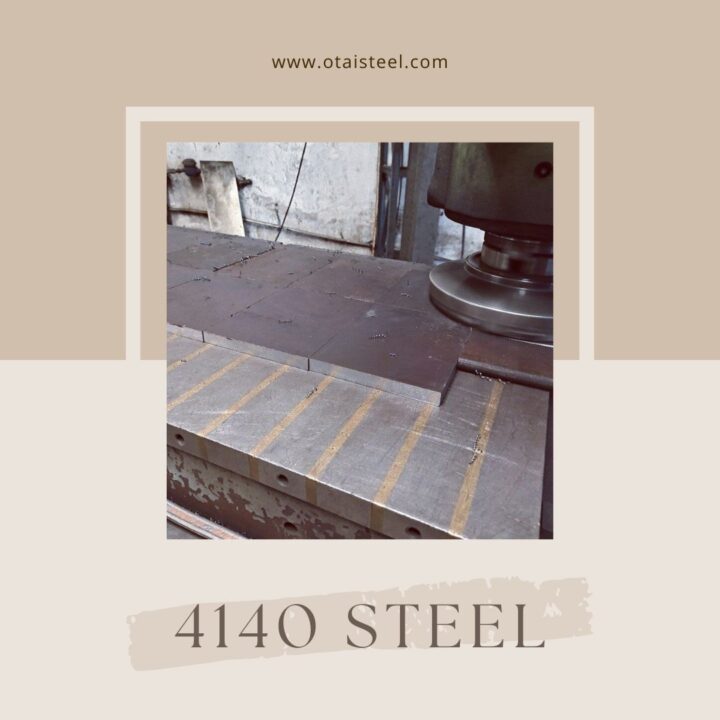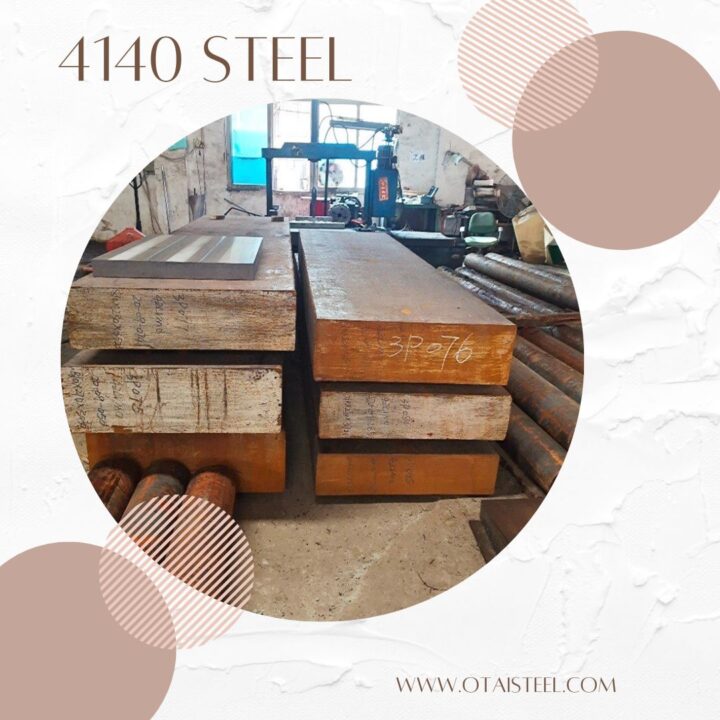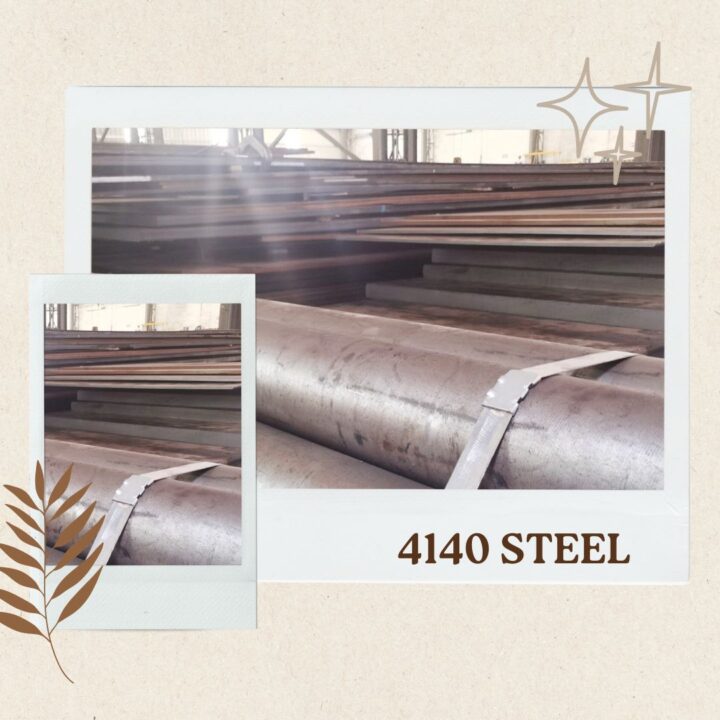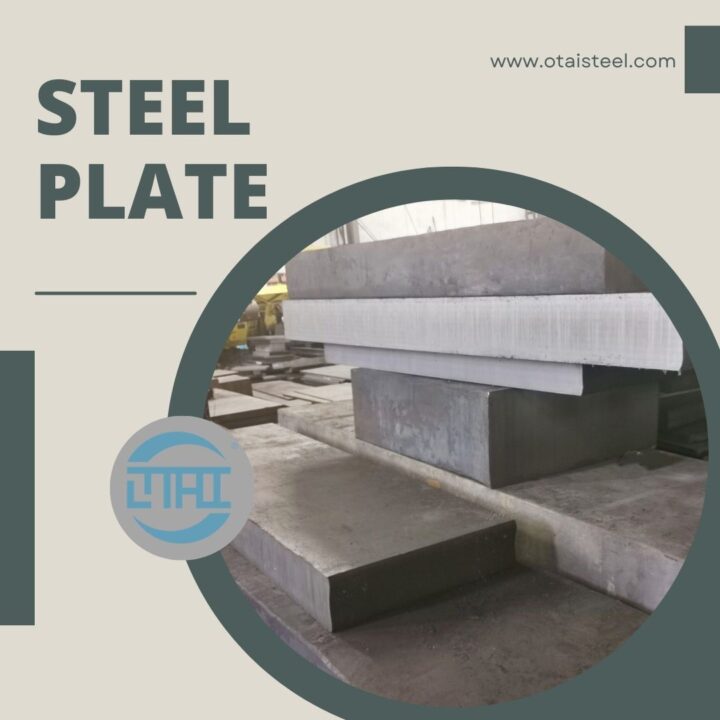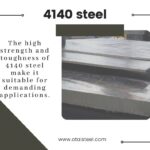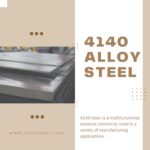The Toughness and Hardness of 4140 Steel: A Comprehensive Overview
4140 steel is an alloy steel that is widely used in various industries due to its toughness, hardness, and other properties.
Toughness is the ability of a material to withstand sudden impact or vibration without cracking or cracking.
4140 steel has excellent toughness, making it a popular choice for applications requiring high strength and durability. Such as manufacturing equipment, tools, and machine parts.
Hardness is a measure of the resistance of a material to indentation or scratch.
4140 steel has a very high hardness, which is achieved by a process called quenching and tempering. The process involves heating the steel to a high temperature followed by rapid cooling in water or oil and then reheating to a lower temperature.
The hardness of 4140 steel can improve further through nitriding, nitriding is steel exposed to the high-temperature nitrogen-rich environment in the process. This process on the surface of steel forms a layer of hard wear-resisting layer, increasing its wear resistance and corrosion resistance.
Apart from toughness and hardness, 4140 steel has other properties that make it ideal for a wide range of applications. It has good machinability, which means that it can be easily shaped using traditional machining techniques. It also has good weldability, can use all kinds of welding methods will be connected to other materials.
Another advantage of 4140 steel is its affordability compared to other high-strength materials, such as titanium or carbon fiber. This makes it a cost-effective option for many applications that require high strength and durability.
4140 steel’s toughness and hardness make it a popular choice for applications requiring high strength and durability. Its excellent properties, including good processability and weldability, and moderate price make it a versatile material that is widely used in various industries. (The Toughness and Hardness of 4140 Steel)
